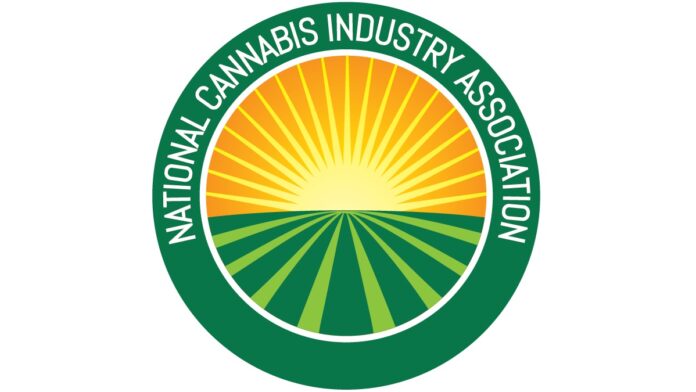WASHINGTON, D.C. – The National Cannabis Industry Association’s Diversity, Equity, & Inclusion Committee <https://thecannabisindustry.org/committees/diversity-equity-inclusion-committee-deic/D> (DEIC) sent a letter to government officials and regulators in Illinois with analyses and recommendations for improving the state’s cannabis dispensary social equity licensing program. When Illinois became the first state to regulate cannabis through its legislature and include a statewide social equity program for the cannabis industry in the legislation, advocates were hopeful that the state would become a model for improved representation. After the initial results of the first social equity dispensary application period were announced, however, the program has received backlash over lack of transparency, failures in the selection process that favor heavily funded multi-state operators, the extremely limited number of companies that were selected for the final lottery, and the ultimate lack of representation achieved.
“In response to the recent results of the Illinois Adult Use Dispensary application process, we present our findings and recommendations in the interest of diversity, equity, and inclusion for the Illinois cannabis industry,” the letter reads. “To address disparities in the initial results of the process, we believe we must first acknowledge the process was flawed and that the results do not reflect the intent of lawmakers. While well meaning and intentioned, the results have been widely criticized in their limited ability to be inclusive and to truly generate opportunities for restorative justice and economic empowerment for people most harmed by prohibition.”
It goes on to elaborate on a number of critiques about the program, and suggests several ways to improve the system and ensure legislative intent, including but not limited to: complete transparency of the scoring system, methodology, and actions used by the government’s outside contractor, KPMG, in the application process; closer scrutiny of operating agreements to avoid predatory partnerships; and changing the grading rubric to avoid limiting those eligible for the lottery to applicants with perfect scores.
The full letter and analysis can be read here: https://cdn.thecannabisindustry.org/wp-content/uploads/2020/11/DEIC-Illinois-Social-Equity-Licensing-Letter-November-2020.pdf.
Gov. Pritzker, who has touted Illinois as a leader in cannabis regulation and social equity, has directed the Illinois Department of Financial and Professional Regulation to reexamine the application process, hear appeals, and rescore applicants before allowing licensing to proceed. In early November, an Illinois court rejected a request for a restraining order filed by the initial finalists to prevent rescoring the other applications.
“We know from lessons learned in other markets like Los Angeles that the process must reflect the intention and not further highlight the systemic structural barriers to entry that favor the monied,” said Yarrow Kubrin, founder of Special Teams Consulting and Folsom Forge and vice-chair of the DEIC. “Further, we as a people expect taxpayer money to include a level of accountability with respect to the state’s actions and services provided to it by outside contractors. If the state doesn’t hold itself and its contractors accountable, how can it expect an entire industry to be accountable? We have waited years for effective state-level social equity programs, and doing it better is not something that should be kicked down the road or merely applied to subsequent application processes. As a verified social equity applicant myself and member of a committee and industry group committed to improving opportunities in cannabis, I add my voice to the growing chorus demanding a better process for the betterment of the industry and society.”
“My grandfather and I worked together to put forth an application we are proud of. With the time, resources, and energy we and many others have invested in this process, all we are asking is to receive a fair chance,” said Grant Richardson, co-founder of the Illinois Cannabis Training Center and member of the DEIC. “The intent for genuine social equity in Illinois is there, but execution fell short in this first year of legalization. I believe Illinois will be the leader of cannabis equity in the US. These recommendations are an expression of the DEIC’s commitment to help us achieve that vision.”
About National Cannabis Industry Association (NCIA)
The National Cannabis Industry Association (NCIA) is the largest cannabis trade association in the U.S. and the only organization broadly representing cannabis-related businesses at the national level. NCIA promotes the growth of a responsible and legitimate cannabis industry and works toward a favorable social, economic, and legal environment for that industry in the United States. https://thecannabisindustry.org/












